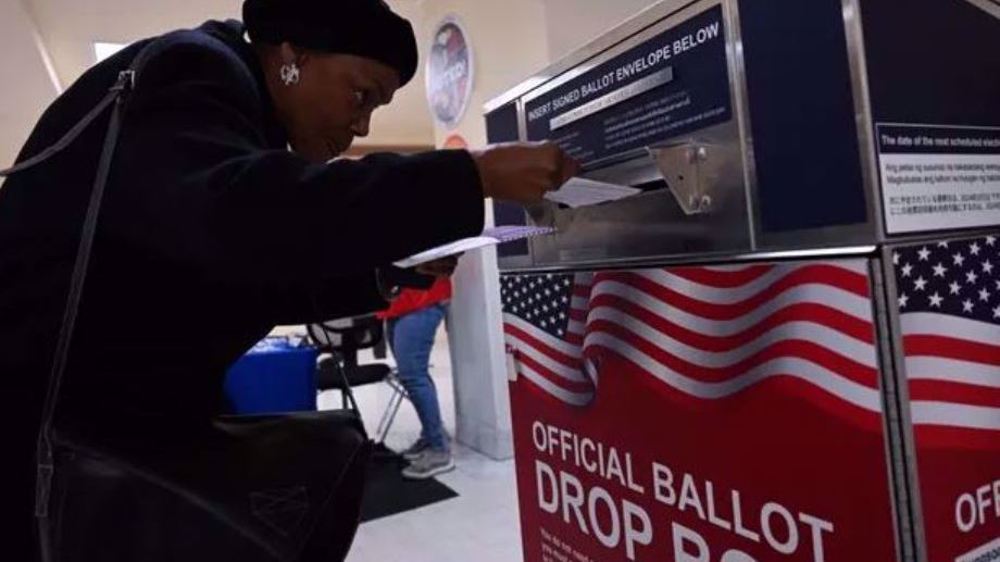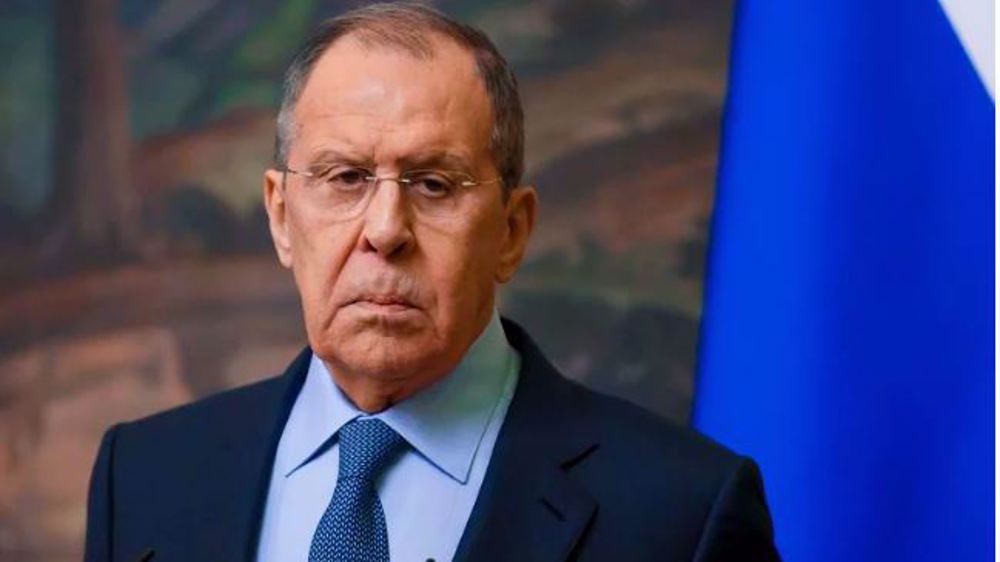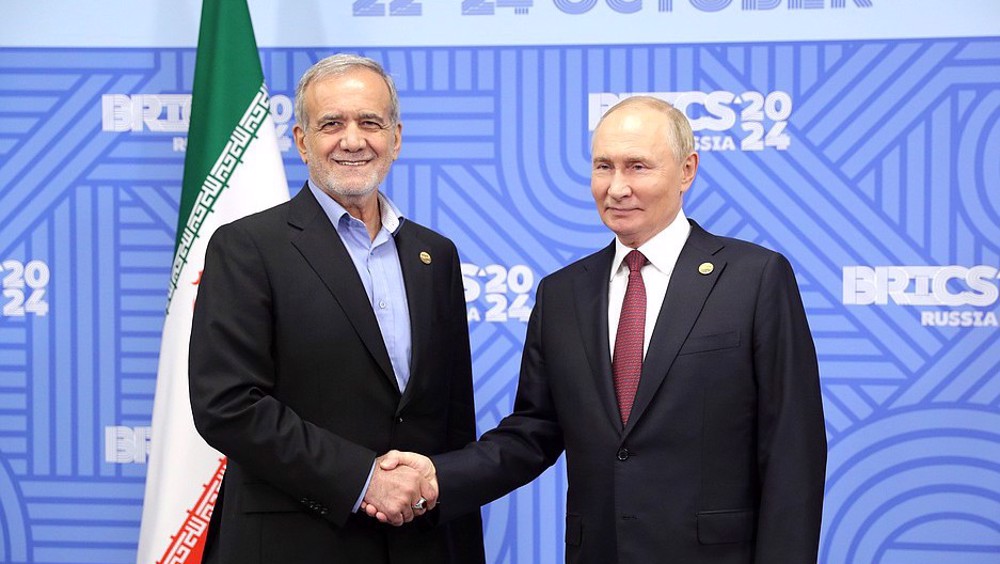EU warns US over ‘unintended consequences’ of fresh anti-Russia sanctions
The EU has warned the US over “unintended consequences” which may result from imposing further sanctions against Russia.
The European Commission released a statement on Saturday, warning that imposing fresh sanctions against Russia without coordination with G7 countries may have "wide and indiscriminate" "unintended consequences."
The statement was released after Republicans and Democrats in the US Congress reached a deal which could result in further anti-Russia sanctions.
Germany has already announced that it may engage in retaliatory moves if the US sanctions German firms involved in the construction of a new Baltic pipeline for Russian gas.
"We understand that the Russia/Iran sanctions bill is driven primarily by domestic considerations," read the statement in reference to a last month bill passed by US Senate.
"As we have said repeatedly, it is important that any possible new measures are coordinated between international partners to maintain unity among partners on the sanctions that has been underpinning the efforts for full implementation of the Minsk Agreements," it added.
The economic sanctions against Moscow were originally introduced in March 2014, after the strategic Black Sea peninsula of Crimea rejoined Russia following a referendum.
Since then, the EU, the US and some other Western countries have imposed several rounds of sanctions against Russia over accusations that Moscow has been involved in the deadly crisis in Ukraine, which has so far killed more than 10,000 people. The Kremlin has, however, strongly rejected the accusations.
Ukraine’s armed conflict broke out when Kiev launched military operations to crack down on pro-Russia forces in the eastern sector of the country.
In September 2014, the government in Kiev and the pro-Russia forces signed a ceasefire agreement in the Belarusian capital of Minsk in a bid to halt the clashes in Ukraine’s eastern regions.
The warring sides also inked another truce deal, dubbed Minsk II, in February 2015 under the supervision of Russia, Germany and France.
"Sanctions are at their most effective when they are coordinated. Currently our sanctions regimes are coordinated. As a result their impact on the ground is increased and through coordination we are able to avoid surprises, manage potential impact on our own economic operators and address collectively efforts to circumvent such measures. Unilateral measures would undermine this," it notes.
Israeli settlers torch Palestinian cars, homes in West Bank town
Iranian diaspora in EU, UK deplore ban on national airline
VIDEO | Press TV's News Headlines
Israel’s military struggling with shortage of troops: Report
Iran calls for more efforts to establish peace in Gaza, Lebanon
Israel targets journalists in southern Lebanon to mask atrocities
Trump vs Harris: A choice between two deranged war hawks who cheer genocide in Gaza
Over 1,800 Palestinians killed in Israel’s month-long attacks in northern Gaza











 This makes it easy to access the Press TV website
This makes it easy to access the Press TV website